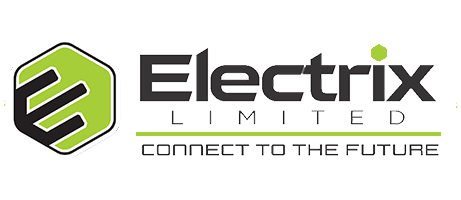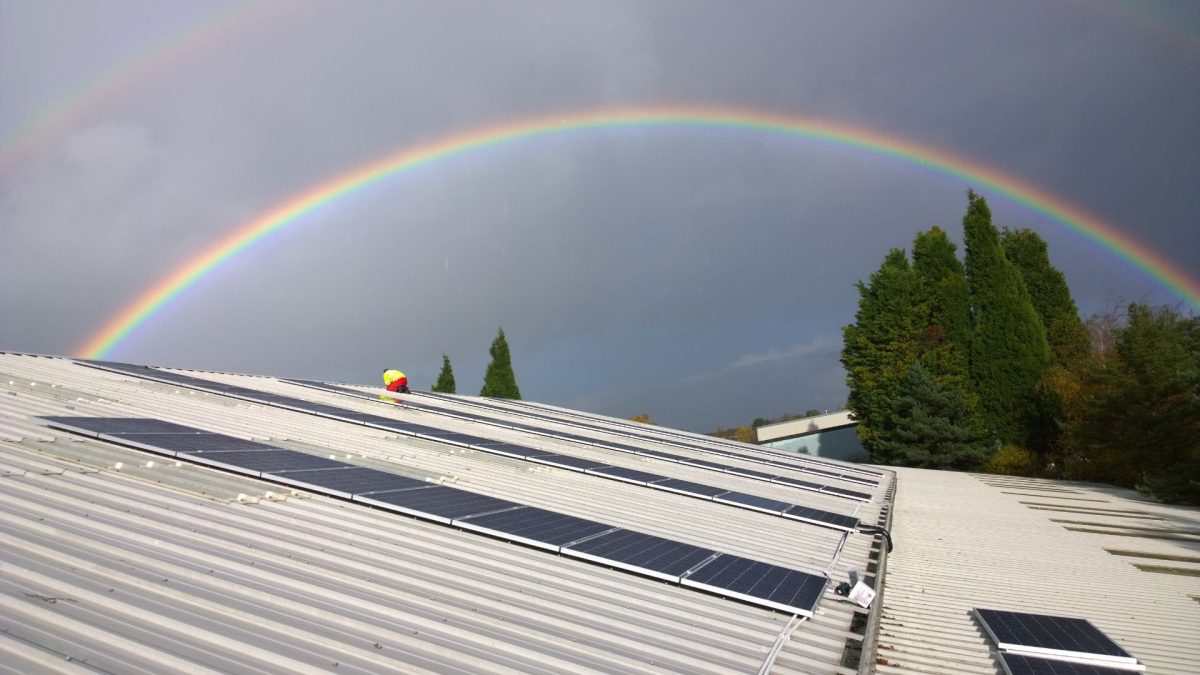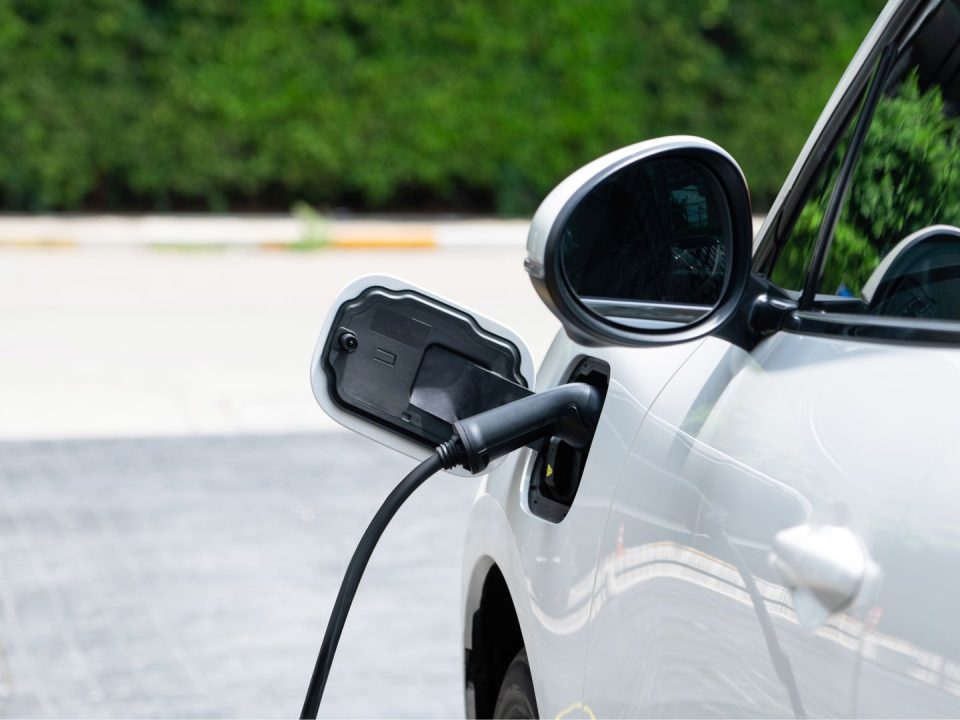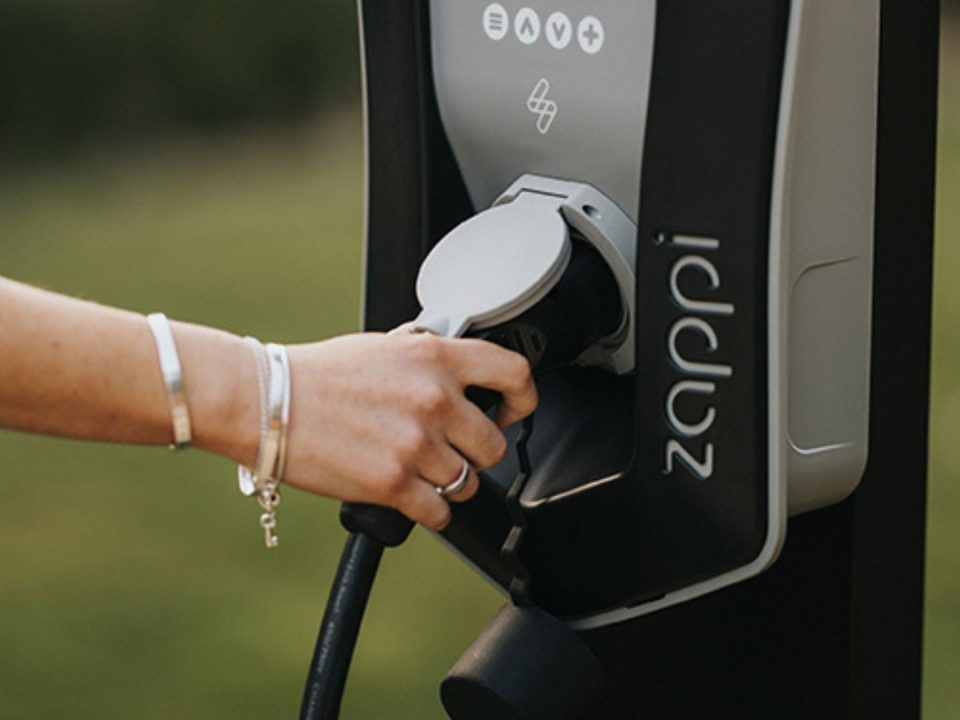
Battery Storage | Powering Your Home with Night-Time Tariffs
October 3, 2025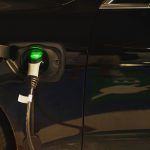
Home EV Charging: What You Need to Know Before Installing
October 13, 2025Short answer: yes, but probably not as much as you think. Solar is low-maintenance by design. Most homes get by with simple checks and the occasional clean. That said, a little routine care protects performance, keeps warranties valid and, in some settings (rented or commercial roofs), helps with insurance compliance.
We have set out what reputable guidance says, what insurers look for, how and when to clean panels, and the rare issues maintenance helps to prevent.
What the MCS standard recommends (the practical view)
MCS (Microgeneration Certification Scheme) publishes a maintenance schedule for PV systems. It splits tasks between the homeowner and an MCS contractor, and suggests sensible timeframes depending on the type of building.
| Task | Recommended frequencyCustomer | Intermediate | Full |
|---|---|---|---|
| Domestic – privately owned | 1yr | 10yr | 15yr |
| Domestic – rented (private/social) | – | 5yr | 10yr |
| Public buildings (e.g. schools, hospitals) | 6-monthly | 1yr | 5yr |
| Commercial & industrial | monthly | 1yr | 2yr |
What insurers care about (and when they’ll ask for maintenance)
- Typical owner-occupied homes: we don’t generally see policies that mandate a maintenance contract. Keep your paperwork (MCS certificate, commissioning docs) and do basic annual checks.
- Rented, public or commercial roofs: more insurers are adding PV clauses. Expect requests for periodic inspections, evidence of competent installation, and records of remedial work. If your premium jumps because of a maintenance clause, it’s worth comparing policies.
Cleaning: do you actually need it?
Rain does a decent job on most pitched roofs. Consider a clean if you notice a measurable dip in yield, live near trees/birds, or have shallow-pitch or flat-mounted modules that hold dust and pollen.
Practical tips:
- Turn off the system first, and avoid pressure washers.
- Use a soft brush with purified water or a gentle hose; avoid harsh detergents.
- Never walk on modules; watch out for loose cabling or damaged conduit – call us if you see anything suspect.
Safety: faults are rare, but here’s where issues tend to occur
Panel-related fires are very rare in the UK, but when incidents are investigated, they most commonly trace back to DC isolators and connectors rather than the modules themselves. That’s why periodic professional checks of DC components are worth doing.
PV components most often implicated in fire investigations
| PV Components | Probable | Possible further | Total |
|---|---|---|---|
| DC isolators | 26 | 2 | 30 |
| DC connectors | 5 | 7 | 12 |
| DC cables | 1 | 4 | 5 |
| Inverters | 6 | 3 | 9 |
| PV modules | 2 | 3 | 5 |
| DC combiner box | 1 | 0 | 1 |
| Unidentified components | 4 | 0 | 4 |
| Total | 45 | 19 |
What does this tell us? Focus your maintenance where it matters: DC isolators, connectors, cable runs and the inverter environment. Good installation practice and periodic inspection dramatically reduce risk.
Our approach (and what you can expect from us)
We maintain any brand of system, whether we installed it or not. As an MCS-accredited contractor with strong links to leading manufacturers, we have the right test equipment, software access and parts support to diagnose issues properly and keep systems compliant.
What we offer:
- One-off health checks or scheduled care aligned to the table above
- Performance investigations and fault-finding (inverter/DC side included)
- Cleaning on shallow/flat or high-soiling sites
- Documentation for insurers, landlords and asset registers
- Upgrades where they make economic sense (e.g. new inverter, optimiser removal, DC isolator replacements, labelling to current standards)
If you’d like us to sanity-check your system’s performance, or set you up with a sensible maintenance interval, please get in touch.
